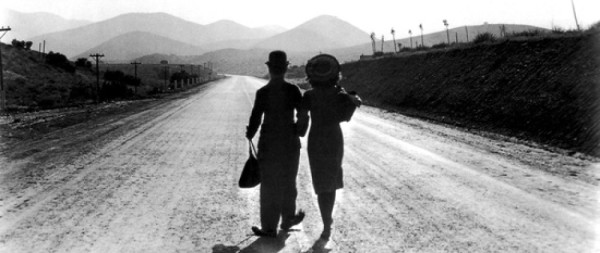State’s Attorney
Directed by George Archinbaud
Written by Gene Fowler and Rowland Brown; story by Louis Stevens
1932/US
RKO Radio Pictures
IMDb page
First viewing/Amazon Prime rental
“It was all Mrs. Bumble. She would do it,” urged Mr. Bumble; first looking round, to ascertain that his partner had left the room.
That is no excuse,” returned Mr. Brownlow. “You were present on the occasion of the destruction of these trinkets, and, indeed, are the more guilty of the two, in the eye of the law; for the law supposes that your wife acts under your direction.”
If the law supposes that,” said Mr. Bumble, squeezing his hat emphatically in both hands, “the law is a ass — a idiot. If that’s the eye of the law, the law is a bachelor; and the worst I wish the law is, that his eye may be opened by experience — by experience.”― Charles Dickens, Oliver Twist
John Barrymore is defense attorney/“mouthpiece” to the mob and a very clever one at that. His live-in mistress Helen Twelvetrees tries to redeem him but he is incorrigible and also a chronic drunk. The mob boss decides Barrymore may be even more useful to him as a prosecutor and gets him a job as Assistant District Attorney. From there he hopes to get elected as District Attorney and then campaign for the Governorship. His political ambitions wreck his relationship with Twelvetrees. Can it be saved?

Barrymore looks like he was on a really bad bender throughout. He’s one bundle of nerves and slurs his speech even when he’s not drinking on screen. On the other hand, I’m becoming a big fan of Helen Twelvetrees. She is so lovely and natural. But no actor could really have saved this ho-hum effort.







 Coincidentally, Raymond’s band gets a gig to open del Rio’s father’s hotel. Fred Ayres (Fred Astaire) and Honey Hale (Ginger Rogers) are members of the ensemble. Bad guys try to deny the hotel an entertainment license but the band gets the idea of having the entertainment in the air.
Coincidentally, Raymond’s band gets a gig to open del Rio’s father’s hotel. Fred Ayres (Fred Astaire) and Honey Hale (Ginger Rogers) are members of the ensemble. Bad guys try to deny the hotel an entertainment license but the band gets the idea of having the entertainment in the air.











 I just love this movie. I’m not always a Hopkins fan but she is always superb in comedies and this is no exception. I can’t find a single fault. Highly recommended.
I just love this movie. I’m not always a Hopkins fan but she is always superb in comedies and this is no exception. I can’t find a single fault. Highly recommended.
 After some hard times, Dan makes a name for himself in movies. He meets and falls in love with leading lady Lois Underwood (Margaret Lindsay). But the gang returns like bad pennies and attempt to blackmail our hero.
After some hard times, Dan makes a name for himself in movies. He meets and falls in love with leading lady Lois Underwood (Margaret Lindsay). But the gang returns like bad pennies and attempt to blackmail our hero.


